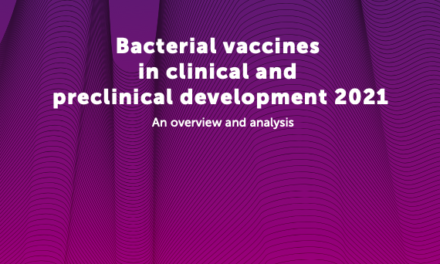As of 2024, artificial intelligence (AI) has become an undeniable force across industries, and medicine is no exception. In just two years since OpenAI launched ChatGPT, AI has made its way into every corner of modern life, compelling medical schools to explore how it fits into their curricula. With no uniform standards yet established, schools are taking varied approaches to integrate AI into medical education.
The Shift Toward AI in Medicine
“Every level of medical education is being impacted, and it is an exciting time to work in academic medicine supporting and amplifying these innovations,” said Lisa Howley, PhD, senior director for transforming medical education at the Association of American Medical Colleges (AAMC).
According to the AAMC’s 2022-2023 curriculum survey, nearly half of MD- and DO-granting medical schools in the United States are incorporating AI into their programs. Forty-five percent of schools have included AI in their required curricula, while 47% offer it as an elective or optional subject.
The American Medical Association (AMA) views AI in medical education as both necessary and promising. “We believe it can enhance learning outcomes and patient care,” said Jesse M. Ehrenfeld, MD, MPH, immediate past president of the AMA. “But we want to see it ethically applied and implemented transparently.”
Curriculum Development
From Massachusetts to Texas, medical schools are devising innovative programs to teach AI’s potential and limitations. Harvard Medical School, for instance, has partnered with the Massachusetts Institute of Technology (MIT) to offer a four-week class on AI in healthcare to first-year students in the health sciences and technology track. The program, launched this fall, introduces students to machine learning, data usage, AI applications, and generative AI (GenAI).
“I personally think GenAI represents a tech revolution that makes us rethink how we teach our doctors,” said Bernard Chang, MD, dean for medical education at Harvard. He likens its impact to the internet’s arrival in the late 1990s, which enabled doctors to move beyond memorization toward leveraging technology for information retrieval. Today, AI can perform routine cognitive tasks like drafting clinical notes, freeing doctors to focus on patient care.
Meanwhile, the University of Texas Health San Antonio offers a five-year dual degree program in medicine and AI in partnership with The University of Texas at San Antonio. The multidisciplinary program provides tracks in data analytics, computer science, and intelligent systems. “This is a pivotal moment in healthcare,” said Ronald Rodriguez, MD, PhD, director of the MD/MS in AI program. “Using AI in the right way can improve patient care as we lose manpower.”
At the University of Florida’s College of Medicine, staff are developing online courses and planning a dual degree program in medicine and AI for launch next fall. The school’s “AI passport” program and three-tiered AI curriculum aim to build a “community of practice,” said Azra Bihorac, MD, MS, senior associate dean for research affairs.
Ethical Considerations and Challenges
While enthusiasm for AI’s potential in medicine is high, educators are approaching its implementation cautiously. “There is the potential for AI to exacerbate disparities in healthcare and education,” said Chang. “We need to be intentional in avoiding that. Used correctly, AI can combat disparities and biases.”
Rodriguez echoed this sentiment, emphasizing the importance of minimizing harm. “The potential to harm is very high,” he said. “But multiple groups are aligning to address that risk.”
Educators also stress that students must master foundational medical knowledge before relying on AI tools. “It’s like a calculator,” said Chang. “We teach math basics first, then introduce the calculator to solve complex problems.”
The AAMC is closely monitoring the ethical dimensions of AI in medical education. “The role of social, economic, and political systems on AI-based tools and how these relationships impact ethics are important,” said Howley. “An ability to remain vigilant and practice safely when technological interventions become standard will be critical.”
A Future Powered by AI
As medical schools adapt to the rise of AI, one thing is clear: the integration of AI into healthcare education is not a passing trend. Whether through hands-on training, innovative dual degree programs, or online courses, future physicians will be equipped to navigate an AI-driven medical landscape. This evolution promises not only to enhance patient care but also to reshape how medicine is taught and practiced for generations to come.












